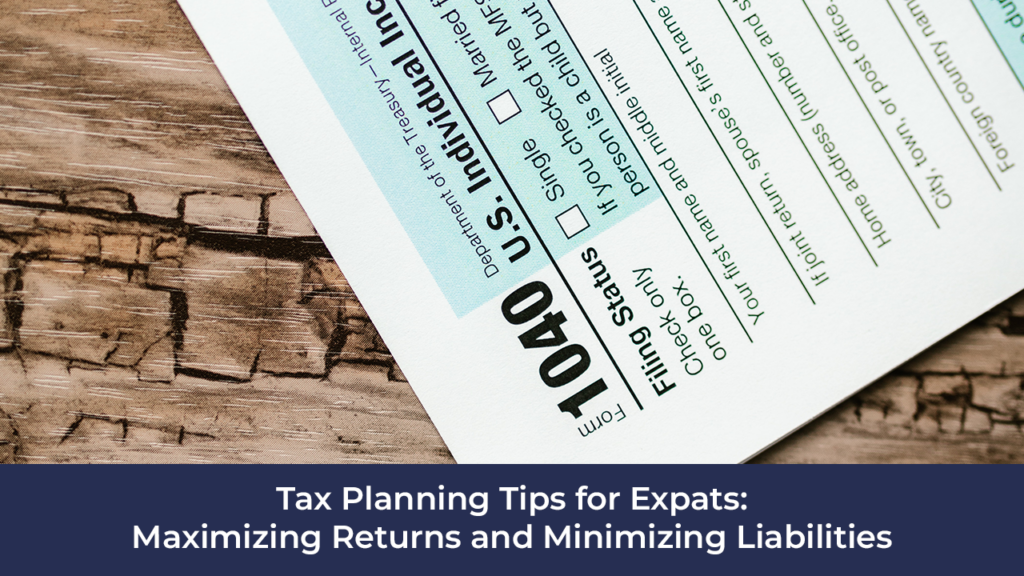Saving for specific future expenses can seem daunting and overwhelming, especially if you’re just starting out. However, with the right strategies and planning, you can reach your financial goals. In this blog post, we’ll discuss the best strategies for saving for specific future expenses, such as buying a home, paying for college, or saving for retirement. We’ll also discuss the importance of creating a budget and the ways in which you can make your money work for you. By the end of this post, you’ll have a better understanding of how to save for your future goals and be well on your way to achieving financial success.
Saving for a Home
Saving for a home can be a daunting task. It often requires years of hard work and dedication to set aside enough money for a down payment and closing costs. The key to success is to start early and make saving a priority. Begin by setting a realistic goal for your home purchase, such as a specific price range and timeline, then create a budget that ensures you are allocating enough money each month towards your goal. Consider increasing your income through side hustles or negotiating a raise, and look into any tax credits or deductions that may be available to you. Finally, take advantage of any resources available to you, such as employer-sponsored savings plans or government programs. With the right strategy, you can make your dream of homeownership a reality.
Saving for College
When it comes to saving for college, it’s important to start planning and saving early. The earlier you start, the more time you have to take advantage of compound interest and the more you can save. It’s also important to take advantage of any tax benefits available, such as 529 plans. Additionally, consider setting up automatic transfers from your checking or savings account to your college savings account on a regular basis. This way, you can ensure that you are consistently making progress towards your college savings goals. Finally, don’t forget to take advantage of any matching programs your employer may offer. With a bit of planning and dedication, you can make sure that you are well on your way to a successful college savings plan.
Saving for Retirement
When it comes to saving for retirement, the earlier you start, the better. Start by contributing the maximum amount possible into your 401(k) or IRA. If your employer offers a 401(k) match, make sure to take advantage of it. If you can’t afford to contribute the maximum amount, start small and increase your contributions as you get raises and promotions. Additionally, consider investing in other retirement savings vehicles such as stocks, bonds, and mutual funds. This can help diversify your portfolio and ensure that you have enough money to last through retirement. Finally, look into other tax-advantaged retirement accounts such as Roth IRAs and Health Savings Accounts to help you save for retirement.
Conclusion
Saving for specific future expenses is a critical step in achieving financial security. It is important to develop a plan that takes into account your current income and expenses, as well as your future goals. Once you have identified your goals, you should create a budget that will help you to allocate money towards those goals. Additionally, you should consider investing in stocks, bonds, or other financial products that can help you reach your goals faster. Ultimately, the best way to save for specific future expenses is to create a plan and stick to it. With the right strategy in place, you can ensure that you are able to reach your financial goals and have a secure future.
What are you saving for?
When planning for a large future expense, it is important to consider a variety of strategies and resources to ensure you are making the most informed decision. It is wise to consult with a financial advisor or an accountant who can provide you with tailored advice based on your individual circumstances. Additionally, there are many online resources and publications that provide helpful information on how to effectively save for a variety of future expenses. It is important to research each option thoroughly and make sure to read the fine print before making any commitments. Ultimately, the best strategy for saving for a future expense is one that is tailored to your individual needs and circumstances.
Whatever your plans for the future are, buy a house, investing in your child’s future – our advisors will be happy to help you with an individual strategy.





